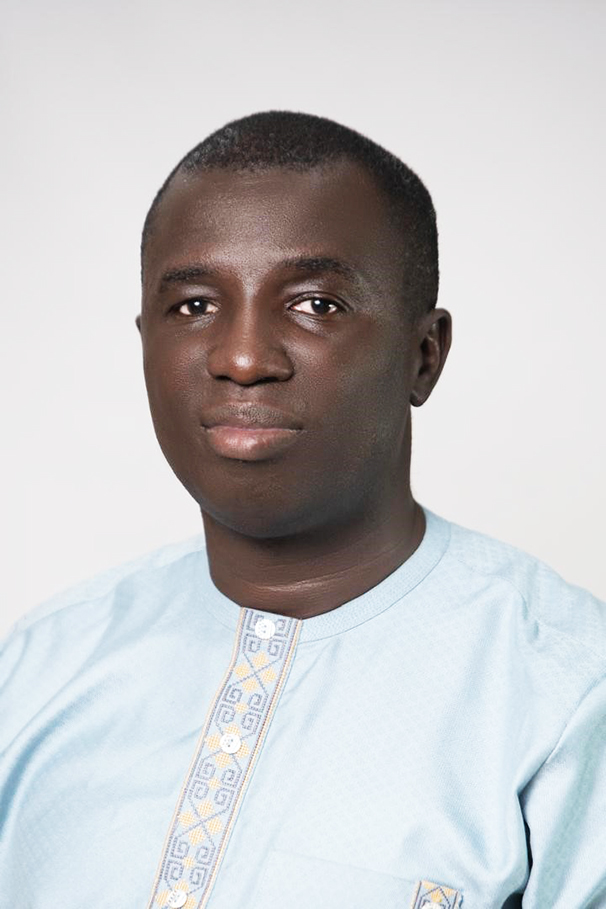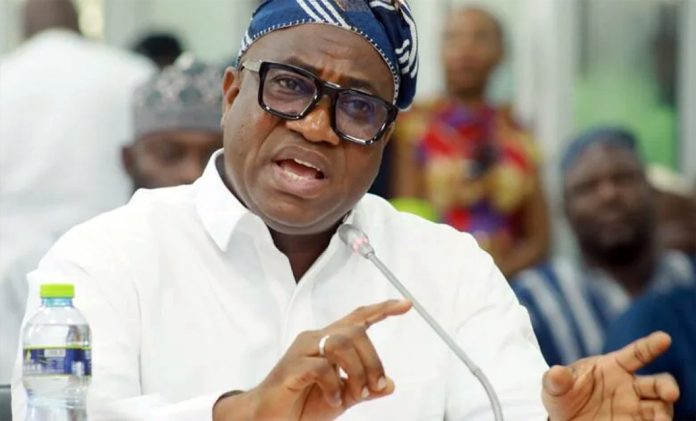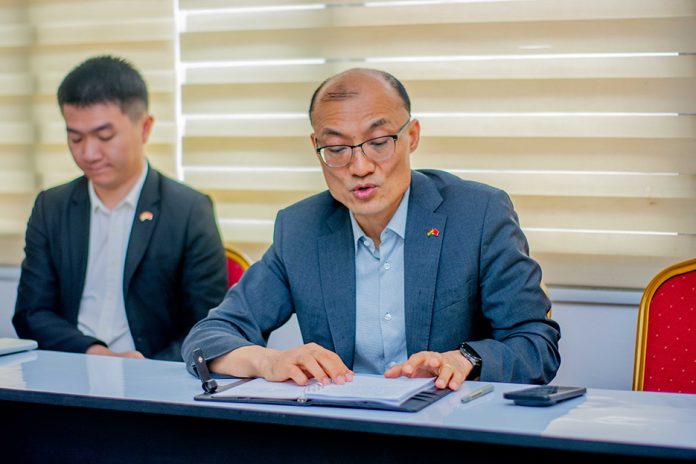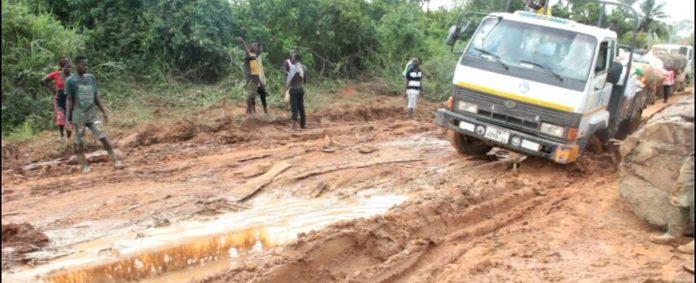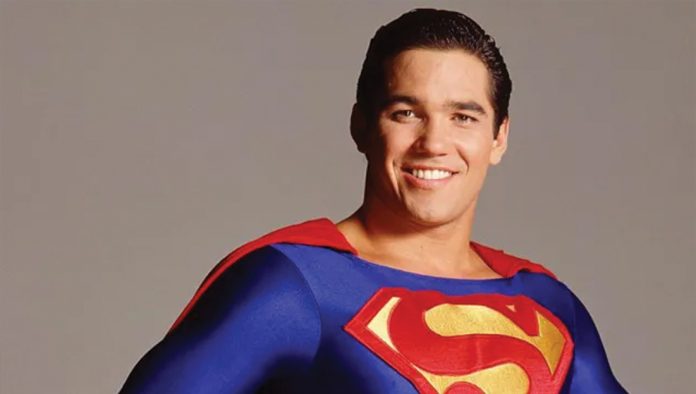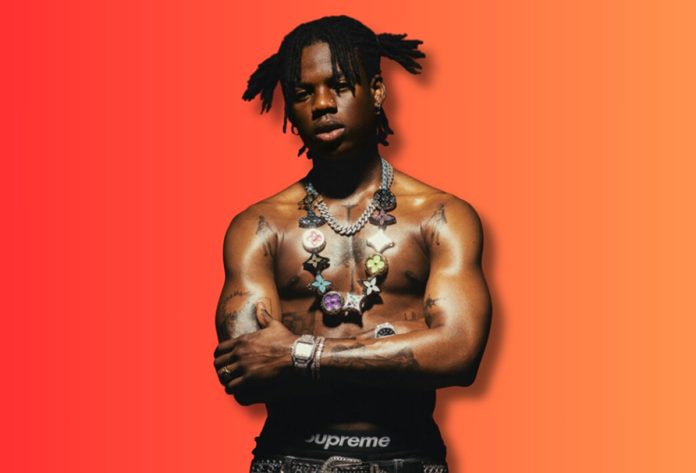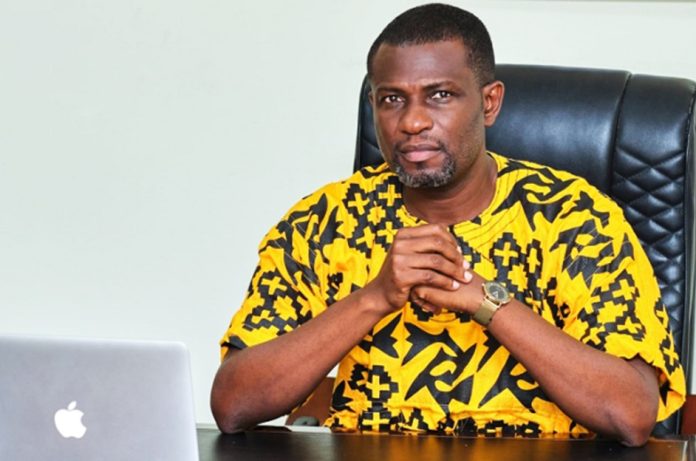Shoprite, Africa’s largest grocery retailer, has announced its exit from the Ghanaian market after receiving a binding offer for seven of its trading stores and one warehouse. While this may appear to be a routine business transaction, it carries significant implications for competition, consumer welfare, and the structure of Ghana’s retail sector. This is why the government must take a keen interest in who acquires Shoprite’s assets.
Ghana lacks a competition or antitrust law, despite having a draft since 2007. This means that the sale and acquisition of Shoprite’s operations will not be reviewed by any local authority to assess potential harm to competition or consumers. Unlike regulated sectors such as banking and telecommunications, where mergers undergo scrutiny, the retail market has no such safeguards. In many countries, regulators examine mergers to prevent monopolies and protect consumers. In Ghana, the absence of oversight makes it crucial for the Ministry of Trade and Industry to evaluate this transaction from a competition policy perspective.
Why This Transaction Matters to Consumers and Producers?
The buyer’s identity is crucial because it could reshape market dynamics. If the acquiring company is already a dominant player, such as Melcom, the acquisition could significantly increase market concentration.
Firstly, such a merger could result in increased market concentration. When GAME exited the Ghanaian market in 2022, Melcom replaced GAME in malls across Accra, Kumasi, and Takoradi. This strengthened Melcom’s presence and market share. If Melcom were to acquire Shoprite’s stores, its dominance in the retail space would grow even stronger, reducing competition and consumer choice.
Secondly, there is a risk of monopoly. Melcom is rapidly expanding across Ghana. Should it acquire Shoprite’s assets, it could become so dominant that no other retailer would be able to compete effectively. Without competition, innovation slows down, prices tend to rise, and consumers are left with fewer options.
Thirdly, such a merger could impact consumer welfare. A company with a large market share can use its market power to sustain prices above competitive levels. This would harm consumers, who may end up paying more for groceries and other retail products. While it is true that alternatives to the retail shops smaller provision shops, mini-marts, and traditional markets, the future of retail is shifting toward shopping malls and networked retail networks. Dominance in this segment could have long-lasting effects on consumer welfare and may be difficult to dismantle.
Fourthly, retail firms with market power can decide to squeeze suppliers. Market dominance does not only affect consumers. Suppliers also face challenges when dealing with a powerful retailer. A dominant company can exert what economists call “buyer power” or monopsony, dictating terms and prices to suppliers. This can force suppliers to accept unfavorable terms or risk losing access to the market altogether.
Additionally, if the market becomes concentrated by a dominant player, it could lead to barriers to entry in the future. If this acquisition goes unchecked, Ghana may soon have to contend with a retail giant whose size and influence make it nearly impossible for new competitors to enter the market. This could create long-term inefficiencies and reduce the vibrancy of the sector. Ghanaians have already experienced the consequences of market dominance in other sectors. MultiChoice’s control of premium sports content in the pay-TV market and MTN’s designation as a Significant Market Power (SMP) operator in telecommunications have contributed to less competitive markets and higher prices. Without regulatory oversight, the retail sector risks heading in the same direction.
Lessons from Namibia and Malawi
Shoprite’s exit also affects Malawi, where the sale is subject to approval by the Malawi Competition and Fair Trading Commission and the Reserve Bank of Malawi. Their competition laws require that such transactions be assessed to ensure they do not harm competition or consumers. This is standard in countries with strong antitrust frameworks.
Internationally, competition regulators have acted decisively when mergers threaten markets. In the UK, the Competition and Markets Authority blocked the 2019 merger between Sainsbury’s and Asda, arguing it would lead to higher prices and reduced quality. In the US, the Federal Trade Commission and the Department of Justice have challenged major deals, including the attempted acquisition of Activision Blizzard by Microsoft and the merger of American Airlines with US Airways.
African regulators have also intervened. In South Africa, the Competition Commission blocked the 2017 merger between Mediclinic International and Matlosana Medical Health Services, citing reduced competition in healthcare. In Kenya, the Competition Authority blocked the 2016 merger between outdoor advertising firms Magnate Ventures and Adsite, as it would have created a dominant player and restricted opportunities for smaller competitors.
Why the Government Must Act?
The sale of Shoprite’s operations is not merely a private matter between buyer and seller. It has broader implications for competition, consumer welfare, and the future of Ghana’s retail sector. Even without a competition law, the government can still act by reviewing the transaction through the Ministry of Trade and Industry or the Attorney General’s office. This would ensure the acquisition does not create a monopoly or harm suppliers and consumers.
The Urgent Need for Competition and Consumer Protection Laws
This case underscores the urgent need for Ghana to pass the Competition and Fair Trade Practices Bill, along with a strong consumer protection law. These laws are essential to ensure markets function efficiently, protect consumers, and promote fair competition.
Recent experiences in the pay-TV and telecom markets show how unchecked dominance harms consumers and stifles competition. The retail sector must not be allowed to go down the same road.
NB: The writer is a lawyer and a competition economist, and a consumer protection advocate. He is the West Africa Regional Director of CUTS International. He can be contacted via email: apa@cuts.org or www.cuts-accra.org or 0302-254-5652.
Appiah Kusi Adomako, Esq
Editor’s note: Views expressed in this article do not represent that of The Chronicle

